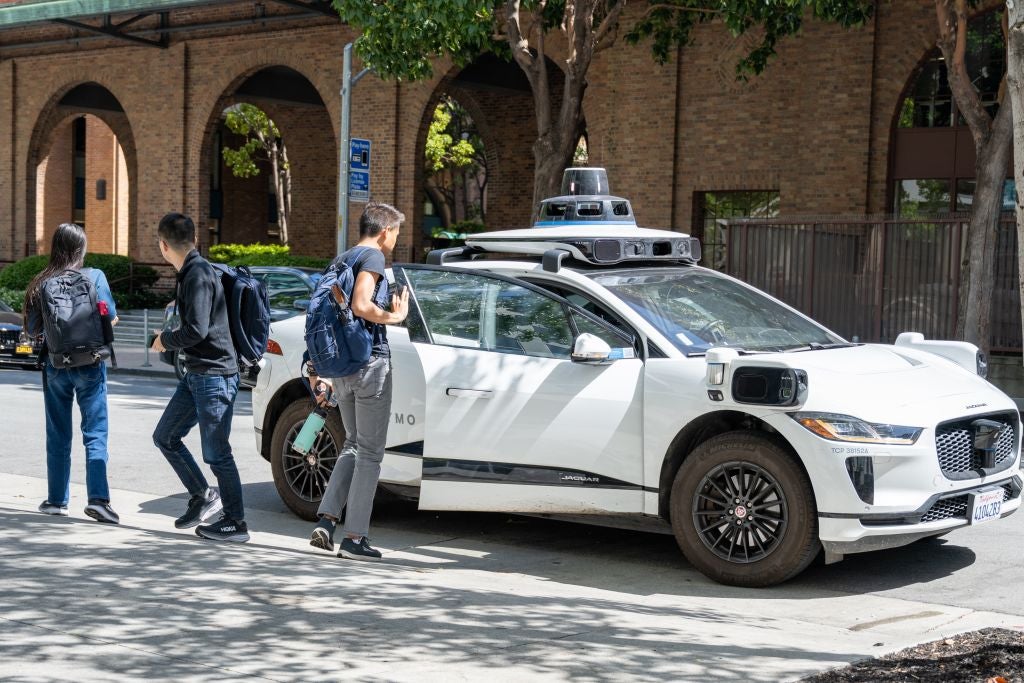
Alphabet’s Waymo announced on Tuesday (25 June) that its autonomous taxi service, Waymo One, has become available to everyone in San Fransisco.
Waymo has been running a test service with its autonomous ride-hailing technology since 2021 in San Fransisco – for the last three years, an autonomous specialist was always on board. The research-led program worked towards commercialising the technology.
Waymo said around 300,000 people have signed up for lifts with its robotaxi service since it opened its waitlist for the city.
Autonomous vehicle companies such as Waymo, Amazon’s Zoox and General Motors-backed Cruise have been locked in a race for commercialisation, as regulators continue to push back on the safety and performance of autonomous cars.
In May, the National Highway Traffic Safety Administration (NHTSA) said it had learned of nine additional incidents involving Waymo’s vehicles.
It came after the NHTSA opened an investigation into 22 reports of Waymo’s robotaxis displaying dangerous driving, which included 17 collisions.
According to a report from research company GlobalData last year, drivers will not experience roads full of completely autonomous vehicles for at least another 20 years.
GlobalData’s Thematic Research: Autonomous Vehicles (2023) report states that the path to Level 4 autonomous vehicles and above “is likely to be slow”.
Level 5 autonomy relates to self-driving cars that do not require any human interaction – meaning that when they’re eventually deployed, they won’t have steering wheels or pedals.
“It is reasonable to assume, however, that a Level 4 vehicle newly launched in 2035 will be substantially superior to one launched in 2025, so the path towards Level 5 is likely to be gradual,” the report states.
The difficulty of commercialising autonomous vehicles has been one of the biggest hurdles for the industry’s progression.
“The early hype in expectations, a period that went from approximately 2015 to 2020, has given way to far more realistic positioning as the wide range of challenges to full commercial deployment becomes clearer,” it added.







